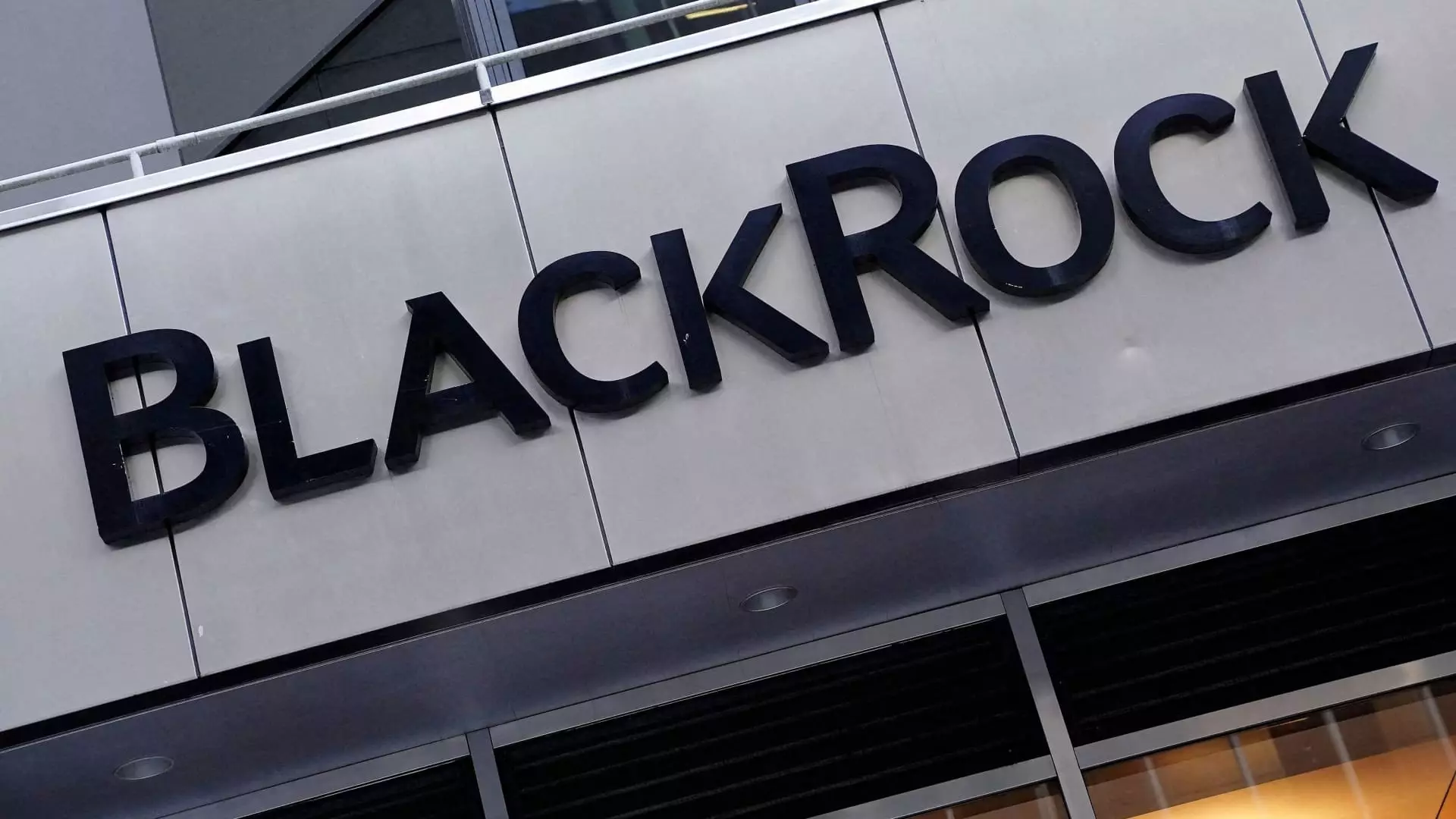In a significant stride towards the integration of traditional finance and blockchain technology, BlackRock has broadened its tokenized money market fund, the USD Institutional Digital Liquidity Fund, commonly referred to as BUIDL. Initially launched on the Ethereum blockchain, this fund now extends its reach to include various other platforms such as Aptos, Arbitrum, Avalanche, OP Mainnet, and Polygon. This move showcases BlackRock’s commitment to adapting its investment framework to encompass digital assets while still maintaining a foothold in conventional finance.
The introduction of BUIDL aligns with broader trends within the financial world, where institutions are exploring the use of blockchain technology to create innovative investment products. By allowing investors to earn yields in U.S. dollars through a fully tokenized structure, BlackRock is facilitating a modern approach to asset management that reflects the growing appetite for decentralized finance, or DeFi. This trend highlights a shift in how traditional assets can be leveraged and accessed in digital formats, ultimately redefining investment strategies for institutional investors.
Robert Mitchnick, BlackRock’s head of digital assets, aptly noted the irony in this dual approach to finance. With the launch of iShares Bitcoin Trust and now the tokenization of a money market fund, the firm illustrates a fascinating juxtaposition. The strategy seems to redefine risk and exposure by wrapping cryptocurrency investments in traditional finance structures while utilizing blockchain capabilities to tokenize established financial assets. Such convoluted structures symbolize a transitional phase in finance wherein the benefits of both traditional and decentralized systems are being intertwined.
The BUIDL fund’s tokenization is facilitated by Securitize, a company strategically invested in by BlackRock, which specializes in bringing real-world assets onto the blockchain. Their expertise is crucial as more financial institutions pivot towards embracing digital innovations. This announcement coincides with a notable surge in cryptocurrency valuations, notably driven by positive political sentiments surrounding regulatory clarity, as seen in former President Donald Trump’s electoral victory. Trump’s promises of more supportive regulatory frameworks contrast sharply with the more stringent policies enforced by the Biden administration’s Securities and Exchange Commission (SEC), and this change could foster new investment influxes into DeFi sectors.
Looking Ahead: The Future of DeFi and Regulation
The DeFi landscape, despite its burgeoning popularity, remains marred by regulatory uncertainties. Issues surrounding the classification of tokens and potential securities violations have raised concerns among investors and firms alike. As BlackRock and other financial giants embark on this journey into the world of digital assets, the interplay between evolving market conditions and regulatory developments will be pivotal. Achieving a balance that fosters innovation while ensuring investor protection will be crucial for the sustained growth of tokenized financial products. Ultimately, BlackRock’s bold expansion strategy may pave the way for a more harmonized relationship between traditional finance and the burgeoning world of cryptocurrencies.

Leave a Reply